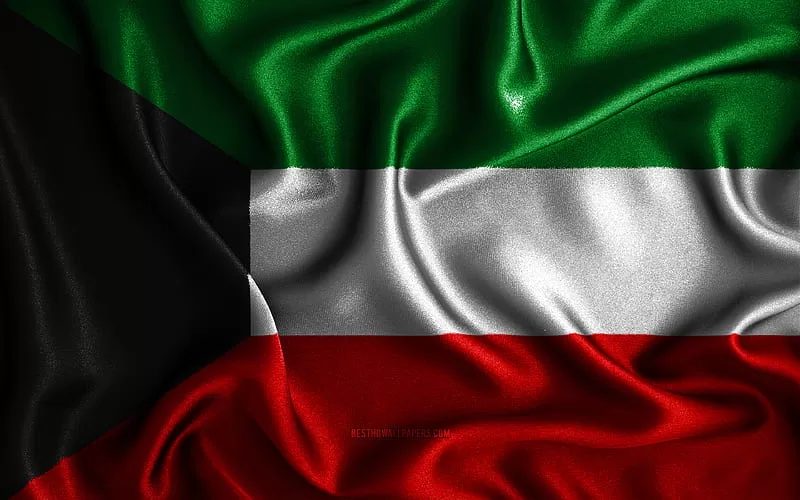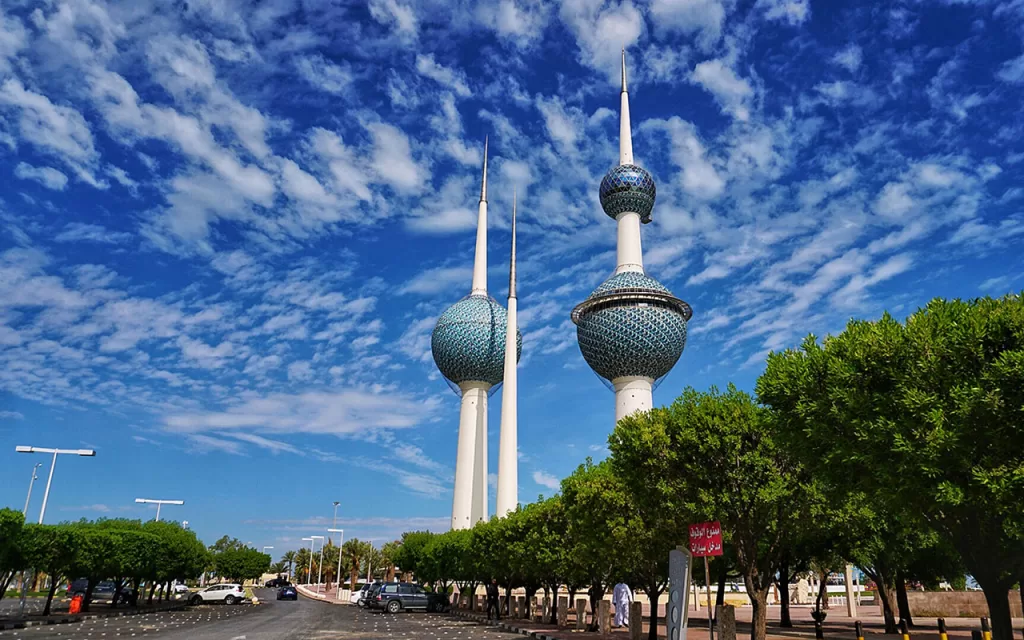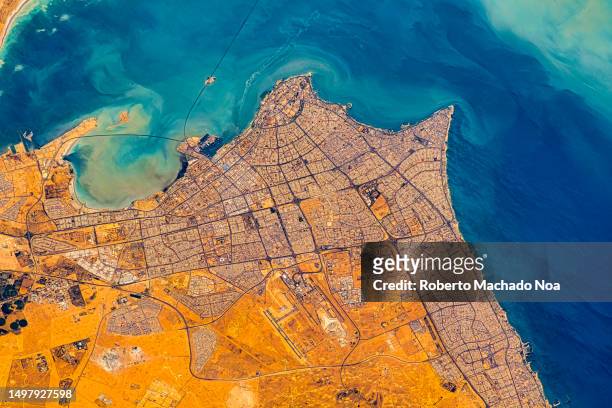Kuwait Country Report

Kuwait, a small but wealthy nation in the Arabian Gulf, is known for its significant oil reserves, robust economy, and strategic geopolitical position. Governed as a constitutional monarchy, with a parliamentary system, Kuwait has a relatively open political landscape compared to some of its neighbors. However, the ruling Al Sabah family wields considerable influence, and political power remains concentrated within their circle.
Kuwait’s economy is heavily reliant on oil exports, which account for the majority of government revenue. Efforts to diversify the economy have been made, with investments in sectors such as finance, logistics, and tourism. The country’s social welfare system provides generous benefits to citizens, including healthcare, education, and subsidized utilities. Despite its wealth, Kuwait faces challenges such as unemployment among its youth population and tensions between the government and parliament. Moreover, regional instability and diplomatic tensions, particularly with neighboring countries like Iraq and Iran, pose security concerns. Overall, Kuwait continues to navigate a delicate balance between maintaining its traditional governance structures and embracing reforms to meet the demands of a changing society and global economy.
Last updated: April 11, 2022
Security
Kuwait places a high priority on security due to its strategic location in the Gulf region and historical tensions with neighboring countries. The country faces security challenges such as potential threats from regional conflicts, terrorism, and maritime piracy.
To address these concerns, Kuwait maintains a well-equipped military and collaborates closely with international partners, particularly the United States and other Gulf Cooperation Council (GCC) members, to enhance its defense capabilities and share intelligence. Additionally, Kuwait has invested in modernizing its security infrastructure, including border surveillance and cybersecurity measures, to protect against potential threats. Despite these efforts, maintaining security in a volatile region remains a complex task, and Kuwait continues to monitor developments closely to safeguard its sovereignty and stability.
Last updated: January 17, 2023
Infrastructure

Kuwait boasts a modern and well-developed infrastructure, reflecting its status as one of the wealthiest nations in the Arabian Gulf. The country has invested significantly in transportation, telecommunications, and energy systems to support its economic growth and enhance the quality of life for its citizens. Kuwait’s road network is extensive and well-maintained, with modern highways connecting major cities and industrial areas. Additionally, the country has a modern international airport, Kuwait International Airport, which serves as a regional hub for air travel. In terms of telecommunications, Kuwait has a sophisticated telecommunications network, with widespread access to mobile and internet services. The energy sector is central to Kuwait’s economy, and the country has invested in developing its oil and gas infrastructure, including refineries and export terminals. While Kuwait’s infrastructure is generally robust, ongoing investments are needed to address challenges such as traffic congestion and aging facilities.
Last updated: April 23, 2023
Environment

Kuwait faces environmental challenges stemming from its arid climate, rapid urbanization, and industrial activities. The country experiences desertification, soil degradation, and limited water resources, exacerbated by climate change. Kuwait’s oil industry contributes to air and water pollution, impacting both human health and ecosystems. Moreover, the disposal of waste and hazardous materials poses environmental risks. Despite these challenges, Kuwait has implemented initiatives to address environmental concerns, including water conservation measures, waste management programs, and investments in renewable energy. International collaborations and agreements also play a role in Kuwait’s efforts to mitigate climate change and protect its natural environment. However, sustained efforts are needed to balance economic development with environmental sustainability and ensure a healthy future for Kuwait’s population and ecosystems.
Last updated: March 15, 2022
Health and Medical
Kuwait’s healthcare system is advanced and well-developed, providing high-quality medical services to its citizens and residents. The government invests heavily in healthcare infrastructure, with modern hospitals, clinics, and medical facilities equipped with state-of-the-art technology and staffed by highly trained professionals.
Kuwait offers universal healthcare coverage to its citizens, ensuring access to essential medical services, including primary care, specialty treatments, and emergency care, free of charge or at a nominal fee. Additionally, the country actively promotes medical education and research, contributing to advancements in healthcare delivery and innovation. Despite these strengths, challenges such as rising healthcare costs, an aging population, and lifestyle-related diseases remain. Kuwait continues to invest in healthcare reforms, including initiatives to enhance preventive care, address public health concerns, and improve healthcare accessibility and affordability for all residents.
Last updated: September 6, 2023
Political
Kuwait operates as a constitutional monarchy with a parliamentary system. The ruling Emir holds significant executive power, while the National Assembly, consisting of elected representatives, plays a legislative role. Political participation and freedom of expression are relatively robust compared to neighboring Gulf states, with a vibrant political landscape marked by lively debates and occasional protests. However, power dynamics are influenced by tribal affiliations, and the ruling Al Sabah family maintains a dominant position in Kuwaiti politics.
Political parties are not officially recognized, but informal political groupings and alliances play a role in shaping government policies. Despite periodic tensions between the government and parliament, Kuwait continues to uphold its democratic principles and constitutional framework, albeit with occasional challenges and controversies.
Last updated: January 17, 2023















